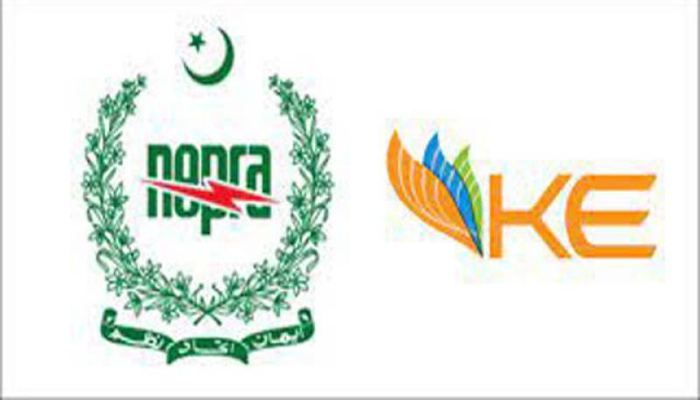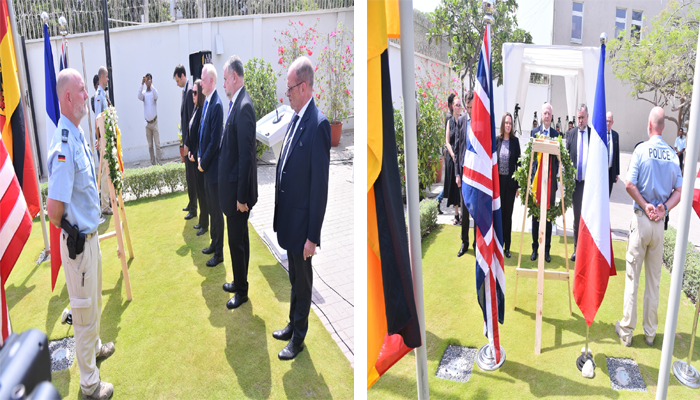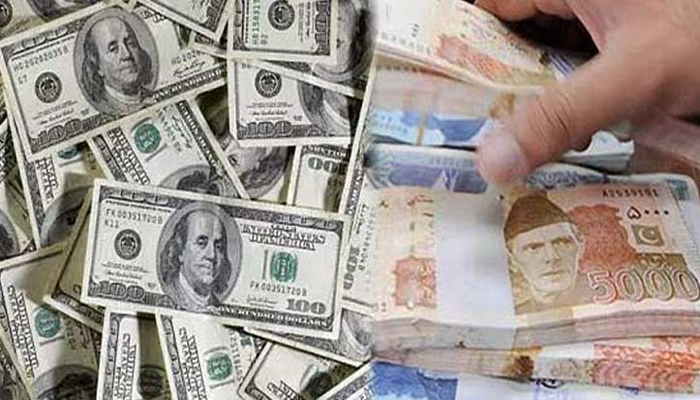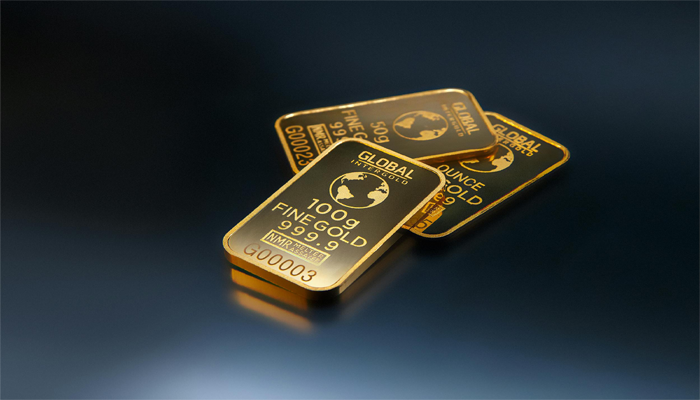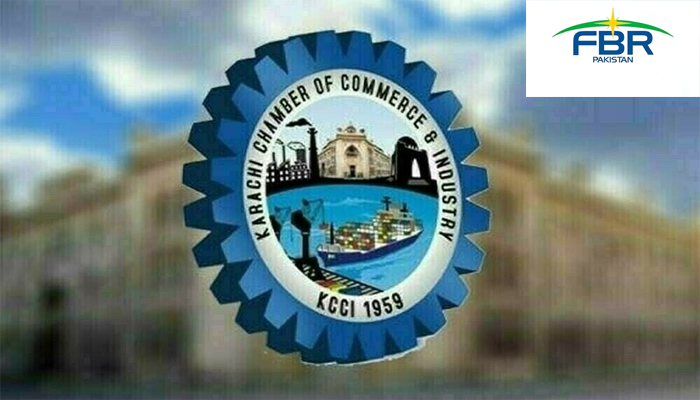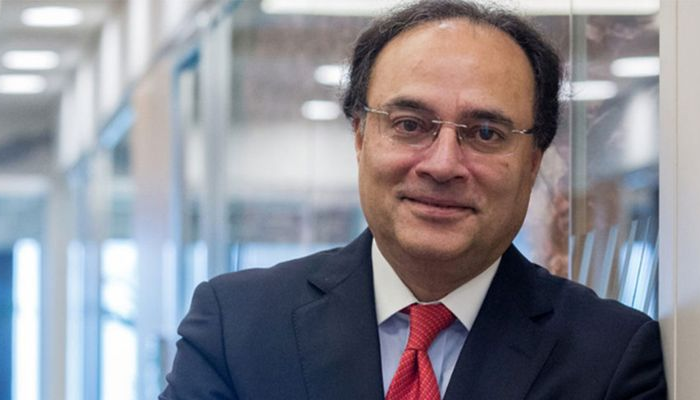The nation, grappling with inflation and financial strain, braces for an additional blow to household budgets with a potential Rs7.13 per unit increase in electricity tariffs due to fuel cost adjustment (FCA) for January 2024.
Scheduled for February 23, the National Electric Power Regulatory Authority (Nepra) will convene a session to review the adjustment of fuel charges for former Wapda distribution companies (Discos) last month.
The Central Power Purchasing Agency Guarantee Limited (CPPA-G) has submitted detailed data on actual fuel charges incurred by these companies during January, proposing an increase of Rs7.1308/kWh over reference fuel charges, totaling Rs7.4894/kWh for the month.
Electricity prices soared to Rs14.6 per unit, mainly due to power generated from costly fuel like high-speed diesel (HSD), with varying costs across different generation sources ranging from Rs11.9213/kWh to Rs45.6066/kWh for HSD.
Hydel electricity's share dropped to 924Gwh, accounting for 11.12% of the total energy mix, as canal closures led to decreased water releases from dams, impacting electricity generation.
As of January 31, 2024, Pakistan's installed power generation capacity stood at 46,035MW, comprising thermal (28,811MW), hydroelectric (10,635MW), wind (1,838MW), solar (882MW), bagasse (249MW), and nuclear (3,620MW) sources.
Despite the extensive capacity, hydel generation plummeted to 924Gwh, with costly HSD fuel generating electricity at Rs45.6066 per unit to meet demand, costing Rs4.6 billion. Additionally, furnace oil plants produced 750.4Gwh at Rs35.4 per unit, totaling Rs26.5 billion.
Electricity from imported coal cost Rs21 per unit, generating 576Gwh, while local gas, RLNG, nuclear, and imported Iranian energy were priced at Rs13.7486/kWh, Rs24.2952/kWh, Rs1.3281/kWh, and Rs32.8030/kWh, respectively.
Various stakeholders are expected to participate in the Nepra hearing to raise objections against the proposed electricity price hike.

